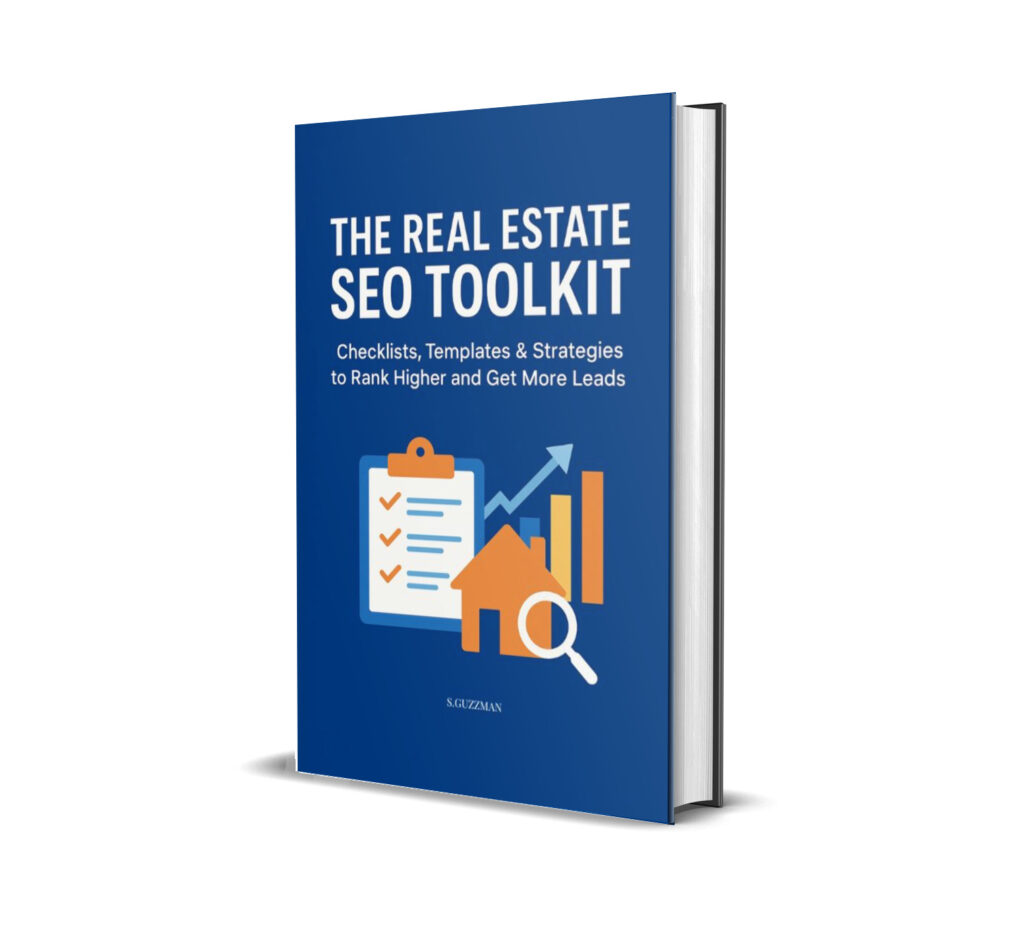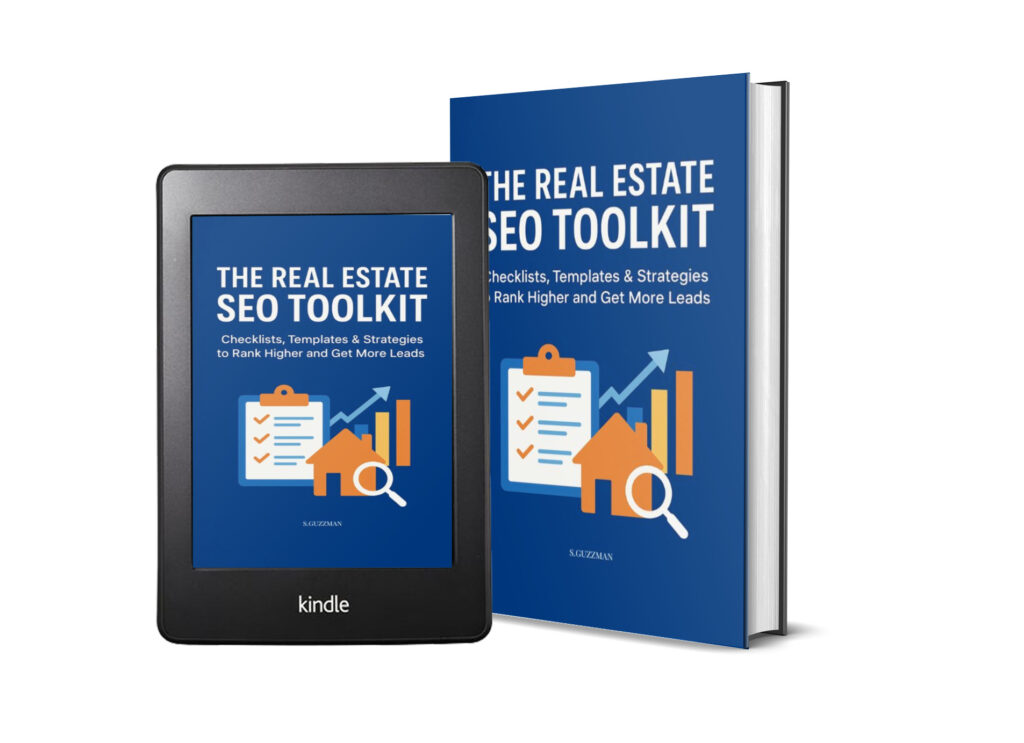How SEO Gives Real Estate Agents a Real Shot at Online Visibility
Let’s face it—most real estate websites are drowning in a sea of sameness. Beautiful listings, flashy design, maybe a few blogs tossed in here and there… but when it comes to showing up on Google or getting seen by people who are actually ready to buy or sell, that’s where things start falling apart. The truth is, visibility online isn’t just nice to have anymore. It’s survival.
Yet, for many agents and property professionals, SEO still feels like this mysterious black box full of jargon, plugins, and conflicting advice. And fair enough. The average agent isn’t a digital marketer. They’re trying to close deals, host open houses, and manage clients—not sit down for a crash course in search engine algorithms. That’s where having a practical, real-estate-specific SEO system becomes a game changer.

From Crickets to Clicks: What Happens When SEO Actually Works
The shift is subtle at first. Maybe a new lead or two trickles in from the website. A listing starts getting more views than usual. A blog post shows up on the second page of Google—then the first. It’s easy to dismiss this as coincidence, especially if SEO has felt like shooting in the dark before. But these small wins add up. And they usually point to something larger: a site that’s finally starting to do its job.
Real estate SEO isn’t just about ranking higher in search results for the sake of vanity. It’s about being in the right place when someone types “three-bedroom home in Sandton” or “best estate agent near me.” It’s about showing up on the map, not buried beneath competitors who’ve figured out the SEO game first.
Simplicity Beats Fancy Features
There’s this idea floating around that you need a big budget, a marketing team, or a shiny all-in-one tool to get SEO right. The reality? Not really. What’s often missing is structure. A clear path. Something that says, “Do this first, then that, and here’s how to know it’s working.”
That’s what a proper SEO system offers—especially one built for the way real estate websites actually work. We’re talking about listing pages, Google Maps visibility, image-heavy content, neighborhood-specific keywords. Regular SEO guides don’t always speak to that. They focus on e-commerce, big tech blogs, or general business websites.
But for agents and brokers, what matters more is getting local leads, showing up on searches like “homes near me,” and turning visitors into calls and appointments. That’s the heart of it.
When Structure Replaces Stress
There’s something surprisingly freeing about having a real checklist. Not just a bunch of random tips—an actual process. Knowing that title tags need to be updated, meta descriptions rewritten, page speed checked, links fixed. Seeing it all laid out gives clarity. And for many agents who’ve been overwhelmed by digital marketing, that clarity is half the battle.
This doesn’t mean SEO becomes effortless overnight. There are still tools to learn, like Google Search Console or keyword planners. But it’s a lot easier to learn when there’s context. When you can look at your own website and think, “Oh, that’s why this page isn’t showing up,” or “That’s why my listing images aren’t being indexed properly.”
It also helps that the feedback loop is pretty fast. Fix some technical issues, optimize a listing page, and within a few weeks, traffic may start to shift. It’s not magic. But it feels close when you’ve been stuck watching your site do nothing for months.

Control Without the Consultant
One of the biggest wins? Regaining control. For years, many small real estate businesses have felt like they had to either pay someone else to do SEO or simply hope for the best. Neither option feels good—especially when money is tight or time is short.
But now, having a guided SEO system means the guesswork fades. You can see which keywords matter for your area. You can write blog posts with a purpose. You can finally stop worrying about whether your website is “doing enough.”
It’s not about being perfect. It’s about being intentional. And honestly, that shift—from scattered to strategic—can change the way your business feels. Clients start finding you. Inquiries come through at odd hours. Your name starts showing up before you even meet someone in person.

Final Thoughts: Maybe It’s Not the Website, It’s the Strategy
Here’s a hard truth: most real estate websites don’t need a full redesign. They don’t need flashier buttons or more social media icons. What they need is to be found. And that only happens with SEO that actually fits how people search for property.
It doesn’t take a marketing degree. Just a system that gets real about what works—and what doesn’t—in real estate SEO. And when that clicks into place, things begin to feel a lot more possible.
Not just for your website, but for your business as a whole.


